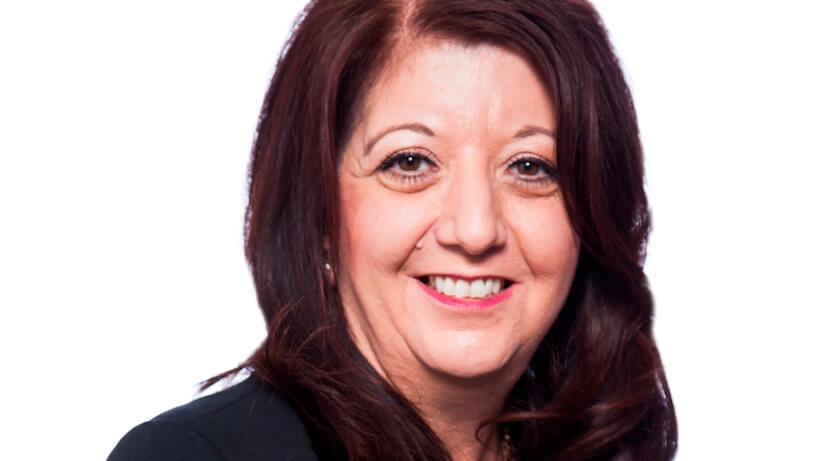From overseeing an annual conference of 2,500 attendees to planning intimate executive meetings, retreats, and events throughout the year, Michele Shry, senior event, meeting, and travel planner at Petco Animal Supplies Stores Inc., already has a full plate. Lately, though, her list of responsibilities has grown longer. In 2019, Petco will dive into the digital and hybrid event space, and Shry is responsible for designing and crafting the company’s vision for repackaging in-person events in a format that will appeal to at-home attendees.
To prepare for the digital future, she earned her Digital Event Strategist (DES) certification through a scholarship provided by Meetings + Conventions Calgary. PCMA asked Shry how she is putting her DES lessons to work as she maps out Petco’s digital strategy.
What are your biggest concerns as you start to work with your internal stakeholders to move meetings into the virtual/hybrid arena?
Aligning on goals, vision, and expectations. As our annual conference is structured today, not every event element will translate into a hybrid or virtual environment smoothly, so we will have to make changes to ensure ROI and engagement goals are met. Aligning my stakeholders on how we will restructure and set goals and expectations for the meeting will be my primary focus as I move forward.
What’s the first step?
As our company has only explored hosting one smaller annual meeting in either an entirely virtual or hybrid format in the past, taking the lessons learned from those successes and translating them into what we do for our annual meeting will be crucial. It is my plan to suggest that we target smaller roadshow meetings that regularly occur now and take them digital in 2019 to continue to build upon our lessons learned and best practices as we look to format and align the vision for our large annual conference.
You know how to keep face-to-face attendees engaged. How will that experience inform your digital strategy?
Keep your audience top of mind. My organization gets last-minute requests that can cause one to seek shortcuts to make the event happen. Regardless of your event being digital or hybrid, if you keep your audience top of mind and focus on their experience, your event can and will succeed.
How do you respond to those who are submitting those requests? Do you have any advice for your peers on how to say no to those requests that all of them most likely receive, too?
Saying no is not in my vocabulary. I prefer to present the pros/cons to the stakeholder on how their meeting experience can be impacted by last-minute requests. Present the facts to the stakeholder and let them say “no” to themselves. It is important that the stakeholder stays engaged with you as the SME and learns from your recommendations. I have found that when you allow the stakeholder to make the “no” decision in the planning process that they are much more proactive in their timeliness of requests for a meeting and receptive of your expertise and recommendations [during preparations for future events].
Looking into your crystal ball, what is the future for digital events?
It might sound cliché, but I see digital events as the future of the meetings and events industry. I don’t see that they will ever totally replace face-to-face meetings, but will be leveraged in a way to not only drive cost savings for some organizations but also to improve attendee engagement and brand exposure as companies leverage digital to drive content more often to their core audience.
Do you need help getting your stakeholders to see the power of digital events? Check out “Create Buy-In for Your Digital Events Strategy” from Convening Leaders. For more insights into designing powerful experiences for a remote audience, read “Designing Digital Events That Work.”

